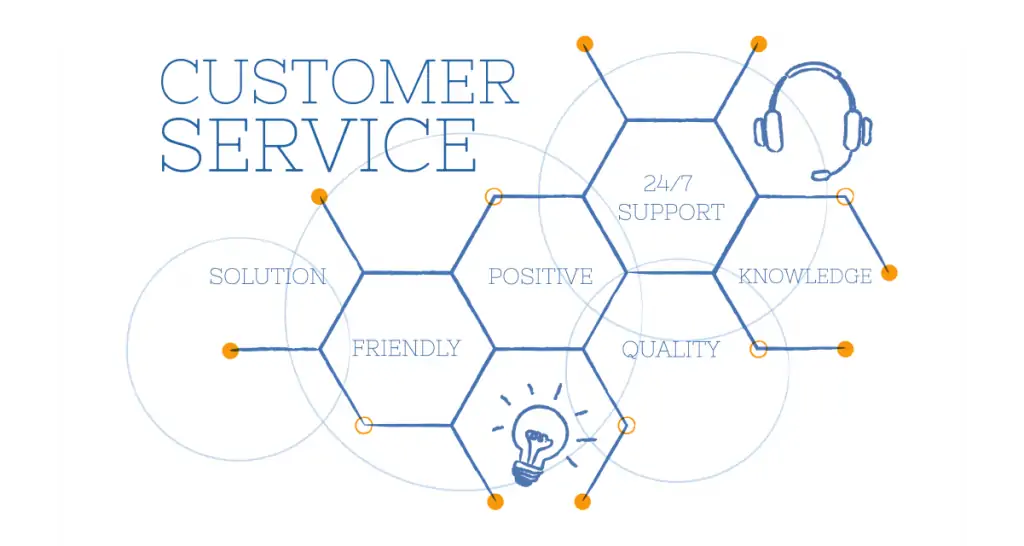Customer loyalty is an oft-debated subject in the market. In an interview noted for the Harvard Business School, well-known learning and OD consultant Carl P made an interesting observation about customer loyalty. He said, “If you have more information to make what you consider to be an informed choice, why would you have to be brand loyal?” And to be fair, it is a very valid point. The increasing access to the internet has brought humungous information to consumers’ fingertips. Consumers now have much higher expectations from their preferred brands than earlier. They may turn away if they don’t get a timely response or face a lack of good customer service experience.
Categorizing Customer Loyalty
The Financial Times defines customer loyalty as “when people choose to visit a particular shop or buy one particular product, rather than use other shops or buy products made by other companies.” However, customer loyalty isn’t a quantifiable behavior and as such, it cannot be measured. Studies on customer patterns and behavior over the years have shown that customer loyalty can be broadly categorized into two kinds:
1. Attitudinal Loyalty:
Richard L Oliver defines attitude-based loyalty as “A deeply held commitment to repurchase or repatronize a preferred product/service consistently in the future, thereby causing repetitive same brand-set purchases despite situational influences and marketing efforts having the potential to cause switching behavior.” One of the best examples of attitude-based loyalty is the fan following for European football clubs or cult brands such as Harley Davidson or Apple.Fiercely loyal and diligent, attitude-based loyalty is excellent for viral publicity. More often than not, supporters of football clubs ensure that their support for the club is something that’s passed down generations. The advent of social media has now made these customers even more important as they can express their satisfaction or resentment at a greater scale. They not only add to the brand image but also associate themselves with all associated products of the brand.
2. Behavioral Loyalty:
Behavioral loyalty can be defined as “an ongoing propensity to buy the brand, usually as one of several”, state Ehrenberg and Scriven. This behavior is vitally important to business as it shows that people are buying from them on a regular basis. While it remains an important factor that needs to be studied, behavioral loyalty by itself cannot be used as a measure of someone’s loyalty to a brand. Their decision to buy from a source repeatedly could come down to a factor as simple as laziness or inertia. As such behavioral loyalty is not a reliable predictor of customer behavior. However, this does not reduce their role as influencers since they could just as well chase away other potential leads through negative reviews.
Cultivating Customer Loyalty With Behavioral Loyalty and Attitudinal Loyalty
Before we discuss cultivating loyalty among your customers, let’s take at the key factors that hinder brand loyalty:
- Under-delivering on promises
- Unresolved complaints from previous purchases
- Delayed responses
- Bad customer service experience
These points highlight the main issues faced by brands trying to cultivate customer loyalty. People have high expectations and they require their problems to be resolved in the shortest possible time. Companies need to be innovative and proactive in understanding client behavior. It can be achieved by the following initiatives:
1. Invest in a Loyalty Rewards Program:
You are only as good as the love you have for other people. Loyalty rewards programs are a way of letting your customers know that their continued support and engagement is valued. These programs not only help in retaining existing customers, but they also help in the acquisition of new customers, their engagement as well as providing a good customer service experience.
2. Proactive Live Chat Customer Service:
When you’re flooded with customer requests, it helps to have a software tool that lets you engage with visitors at all times. A live chat tool is essential for helping you resolve issues instantly by connecting to existing and potential leads. Live chat not only provides an exceptional customer service experience but also helps engage with potential leads. Investing in a live chat tool is a prudent investment. Monitor the conversations in real-time and gauge how happy your visitors are with their operator in providing delightful customer service.
3. Get to Know Your Customers and Build a Personal Connection:
Everyone appreciates a personal touch. Get to know your customers by compiling their data and using that data to help personalize their shopping experience. Send them personalized emails on their birthdays and other such occasions regularly. Invest in a mass mailing system to send seasonal newsletters to let all your customers know about any major changes in the company.
4. Encourage and Implement Client Feedback:
Customer satisfaction surveys and feedback forms are important tools for enhanced customer experience. Encourage your customers to provide you with feedback about their experience with you. Send them feedback forms and surveys once they complete a purchase. Let them know that their feedback is listened to and is used to improve their customer experience. Good customer experience equals good customer reviews, which in turn brings in new customers.

Conclusion
It is important to learn from the past and your competitors to understand how to best improve customer service experience. At a time when the purchaser is spoilt for choice, even the tiniest factor matters in cultivating and retaining customer loyalty. Pay attention and cater to them to cultivate customer loyalty. Good product, great prices, and superb customer service experience are the pillars on which the loyalty of your buyers stand.
More About The Author: Jared Cornell
Jared is a customer-support Specialist, a marketing evangelist and a book lover, associated with ProProfs Chat. Jared is passionate about customer support and loves to solve customers’ queries. He is always keen to develop new strategies to help customers seeking live chat assistance for a delightful experience.
LinkedIn: Jared Cornell



